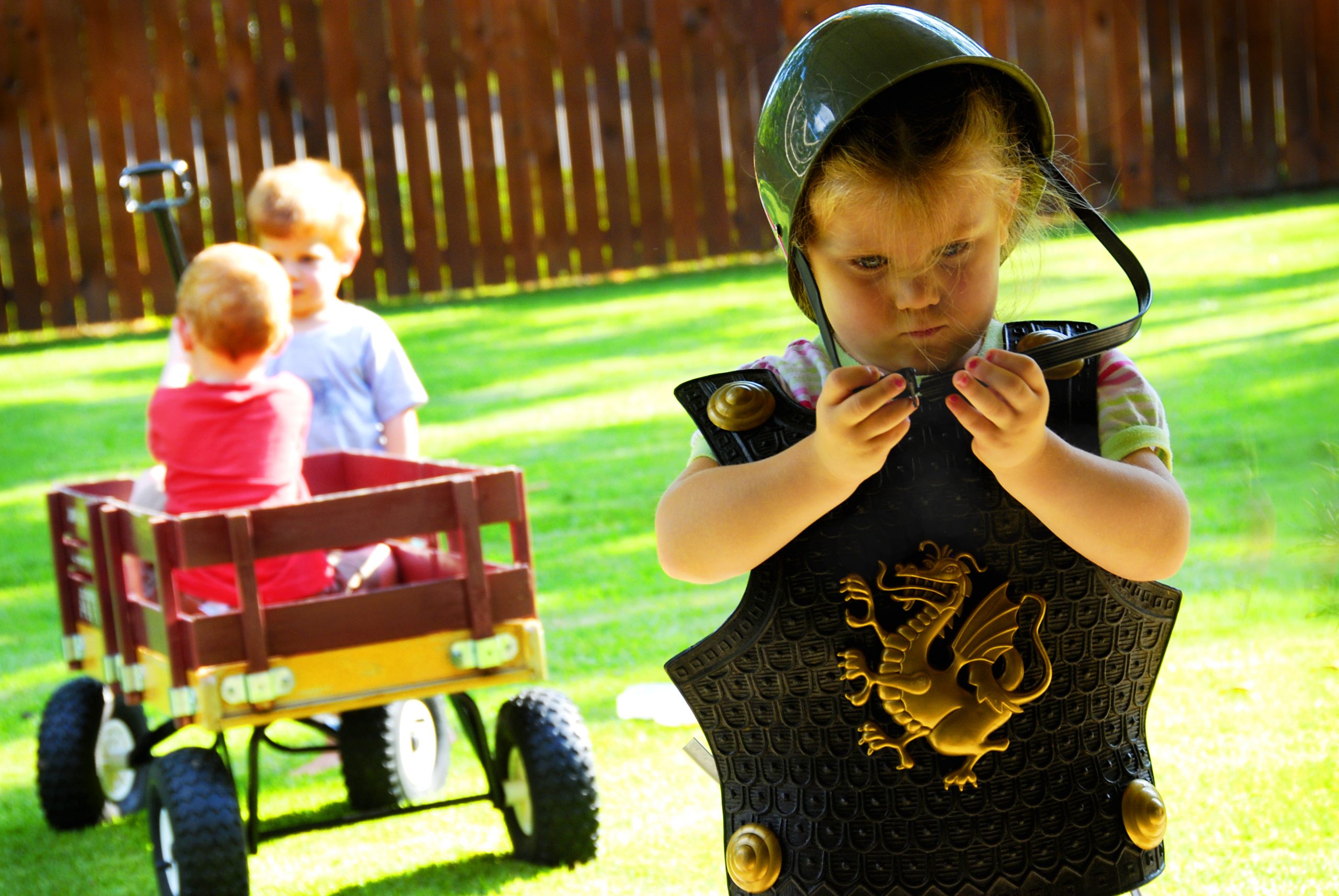
Safeguarding a space for children to grow through rupture and repair
by Amiste Grace

“I wish he wasn’t my brother!” During conflict, my children, like all others, say things they do not actually mean. Desperate for control of anything while they are feeling their inner world spiraling out of control, it's common to choose power statements as a discharge for the load of deconstructive energy they are feeling. I used to be deeply triggered by this behavior, feeling my own shock at what they might say out of anger. Many arguments saw me going down each rabbit hole of exactly what they said, without knowing the importance of or supporting them through repairing why they were saying it.
The blueprint of parenting that I was raised with demanded full compliance and silence from my siblings and me. In becoming a parent myself, I had to deeply question the structure of my upbringing in order to rewrite that script and expand my capacity for healthy parent/child relationships. It is of utmost importance to me as a mother that my children are given as good of an opportunity as I am able to provide for their own sibling relationships to be healthy, thriving bonds that will mutually nourish them throughout their lives.
I am learning through the study of childhood development, neurobiology, and the lessons my children bring up for me through their own disputes, that a continuous state of conformity is unrealistic. In fact, it is unhealthy at the least and deeply harmful at the worst to expect or demand children to behave in a steady state of compliance. The building of true relational and inner resilience comes through completing the cycle of rupture and repair. This occurs when a period of conflict that is outwardly displayed is met with sincere efforts to come into understanding of one another through deep listening, taking responsibility, extending words or a gesture of apology, and mutually envisioning the way forward. Children learn these skills to the extent their caregivers are modeling and engaging in them with other adults and children alike. It is essential for the caregivers to be practicing their own repair skills beyond what they expect of children.
Deconstructive energy does not merely vaporize if we wish it away or snuff it out. It is allowed expression in a healthy way, or it builds up until it bursts out in an unhealthy way, or - if the caregivers and environment stifle it - it is turned inward by the child into themselves. Part of tending to children includes studying their thresholds and resourcing ourselves to support them in cycling through emotional states. Just as we provide the environment, the resources, and the tools to move through sleeping, waking, eating, etc., we can guide them with support and resources to navigate their inner world which directly impacts the outer world, for better or worse.
Mothering continues to call me to be my highest self; to grow, learn, and evolve into a more capable, resilient, attuned, and integrated person. Now when I hear, “I wish he wasn’t my brother!”, it is an obvious indicator that the child needs support in moving big, hard feelings through themselves. Peace isn’t my end goal anymore, harmony through building resilience is. Periods of peace will be a welcomed byproduct of both my guidance through and their growth into becoming capable of healthy emotional expression, if my focus remains on cultivating the experience and skills necessary to move through the thresholds between constructive, deconstructive, and transformational states.

Amiste Grace is a mother. She writes from a place of transforming trauma into resilience and is passionate about designing sustainable lifestyles.
Image credit: Thomas Life

